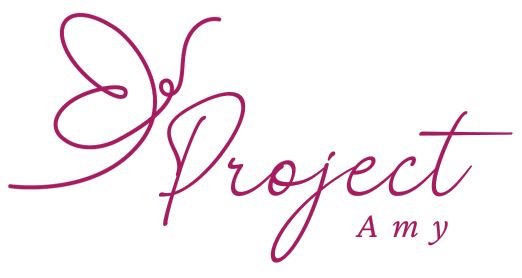Navigating Pregnancy in the South African Workplace: Know Your Rights, Protect Your Peace
Pregnancy is more than a season—it’s a sacred journey. But when you’re juggling deadlines and doctor’s appointments, understanding your rights in the workplace becomes vital. If you’re expecting while working in South Africa, this guide is here to support you with up-to-date legal insights and heartfelt encouragement. You deserve to feel seen, protected, and empowered.
1. Protection Under the Employment Equity Act
In South Africa, the Employment Equity Act (EEA) is your first line of defence. It firmly prohibits unfair discrimination on the basis of pregnancy, childbirth, or related conditions. Whether you’re applying for a new job, up for a promotion, or needing flexibility, your employer is legally required to treat you fairly and equitably.
2. Your Right to Maternity Leave
Under the Basic Conditions of Employment Act (BCEA), you’re entitled to four consecutive months of maternity leave. You may start your leave as early as four weeks before your due date, or earlier if advised by your doctor. It’s your time to rest, prepare, and welcome your baby without work stress looming overhead.
3. Do You Get Paid During Maternity Leave?
While your employer isn’t obligated to pay your salary during maternity leave, you may qualify for UIF (Unemployment Insurance Fund) maternity benefits. You’ll need to have been contributing to UIF and submit the necessary forms and medical certificates. It’s a good idea to apply early as UIF payments can take time.
Tip: Visit https://ufiling.labour.gov.za to begin your UIF application process online.
4. No Room for Discrimination
Your pregnancy should never cost you a job opportunity, promotion, or fair treatment. If you suspect you’ve been discriminated against because you’re pregnant, you can lodge a complaint with your HR department, or take it further through the Commission for Conciliation, Mediation and Arbitration (CCMA).
5. Your Safety Matters
Your employer is legally required to provide a safe work environment. This includes protecting pregnant employees from work that could be hazardous to you or your baby. If your job involves physical strain, harmful chemicals, or extreme conditions, you have the right to request safer duties or reasonable adjustments.
6. Returning After Maternity Leave
Coming back to work postpartum can feel overwhelming, but your job should be waiting for you. You have the right to return to your same or similar position with the same pay, benefits, and conditions as before. Your employer should help you ease back in with support and sensitivity.
7. Breastfeeding Rights in the Workplace
Thanks to the Code of Good Practice on the Protection of Employees during Pregnancy and after the Birth of a Child, your employer should allow two 30-minute breaks per day for breastfeeding or expressing milk during the first six months of your baby’s life. If possible, there should also be a clean, private space to express or breastfeed.
8. Keep the Conversation Open
You don’t have to walk this path alone. Talk to your employer early on about your pregnancy, any concerns you have, and your expected leave dates. Honest communication can lead to a more understanding and flexible working relationship.
9. Your Privacy Is Protected
Your pregnancy is personal, and the law protects that. Your employer cannot share your pregnancy status without your permission. If confidentiality is broken, it’s grounds for a formal complaint.
10. You’re Not Powerless — There’s Legal Recourse
If your rights are ignored, you’re not out of options. Reach out to the CCMA, your union (if you belong to one), or a legal advisor to understand the best way forward. The law is on your side and so are many women who’ve walked this path before you.
Final Thoughts
You were never meant to shrink during this sacred season. Knowing your rights means you don’t have to choose between being a good employee and a great mom — you can be both. Pregnancy is powerful, and so are you.
So walk into every meeting, maternity check-up, and nursery aisle knowing this: your voice matters, your rights are real, and your well-being is worth protecting.





